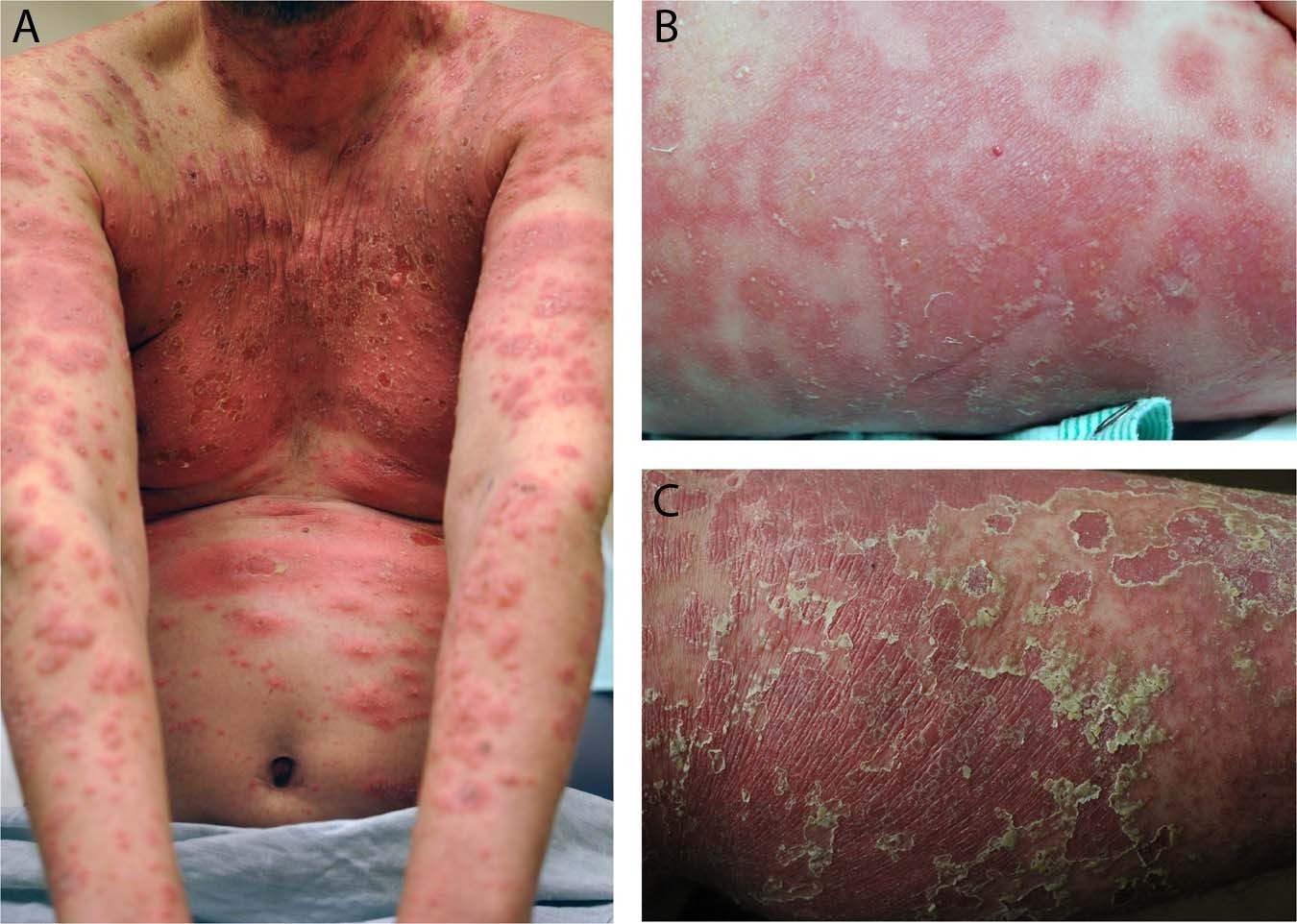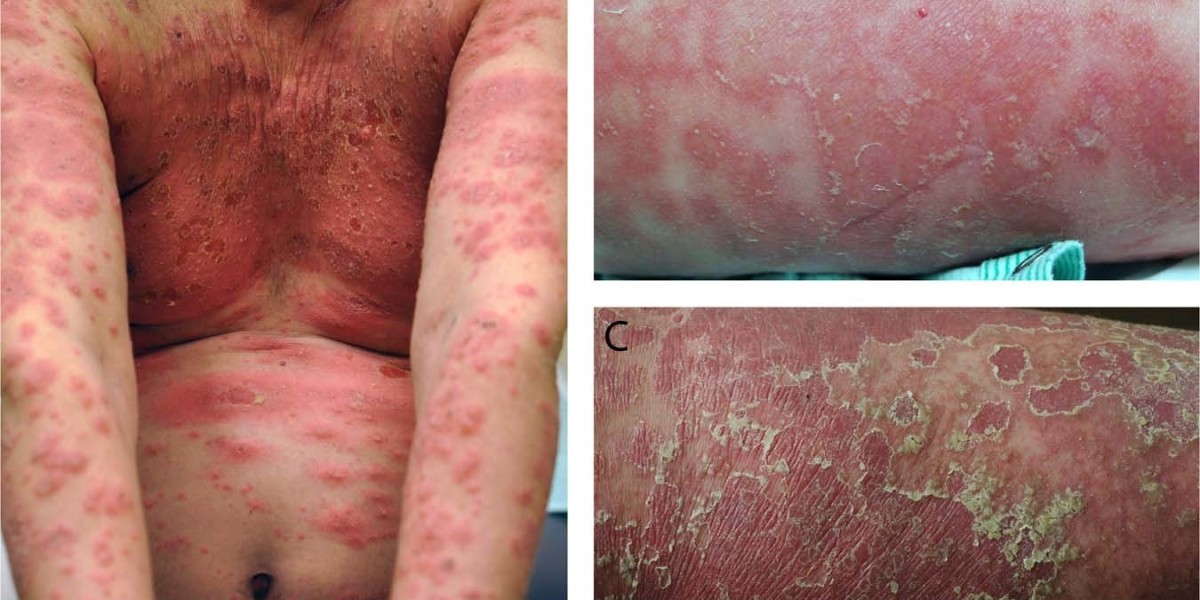
Unknown gene variations linked to the onset of generalized pustular psoriasis (GPP) have been discovered by a team at Nagoya University in Japan. The team's findings, which were released in the American Academy of Dermatology Journal, give hope for better treatment and diagnosis.
Though rare, GPP frequently has detrimental effects. Recurrent flare-ups of GPP can cause many erythematous lesions and sterile pustules across the entire body, frequently accompanied by fever and chills. This may result in the need for emergency care or even death.
Thus far, six genes have been linked to GPP by researchers. There are still GPP individuals who lack any variations of these genes, despite the fact that these genes are frequently utilized for diagnosis and treatment. This shows that the development of GPP is related to unidentified genetic variables.
In order to solve this issue, a team from the Department of Dermatology at Nagoya University Graduate School of Medicine, lead by Prof. Masashi Akiyama, Takenori Yoshikawa, and Dr. Takuya Takeichi, employed next-generation sequencing to look into the genes of Japanese patients with GPP. Higher frequency of two MEFV gene variants—p.Arg202Gln and p.Ser503Cys—were discovered to be connected to GPP. Specifically, p.Arg202Gln variant was present in 21% of the patients, whereas p.Ser503Cys variant was present in 13% of the patients.
MEFV produces pyrin, which controls inflammatory pathways. However, some pyrin variations cause an excessive amount of neutrophil migration to tissues, which in turn causes an excessive amount of inflammation. Therefore, this data points to a likely course for the illness.
For patients with these variations, the researchers think that treatments that target MEFV-related inflammatory pathways represent a promising therapeutic approach. Yoshikawa claims that their research points to a novel application for a medication that is now prescribed to treat familial Mediterranean fever (FMF).




Marcelo Orlando 42 w
Boa tarde